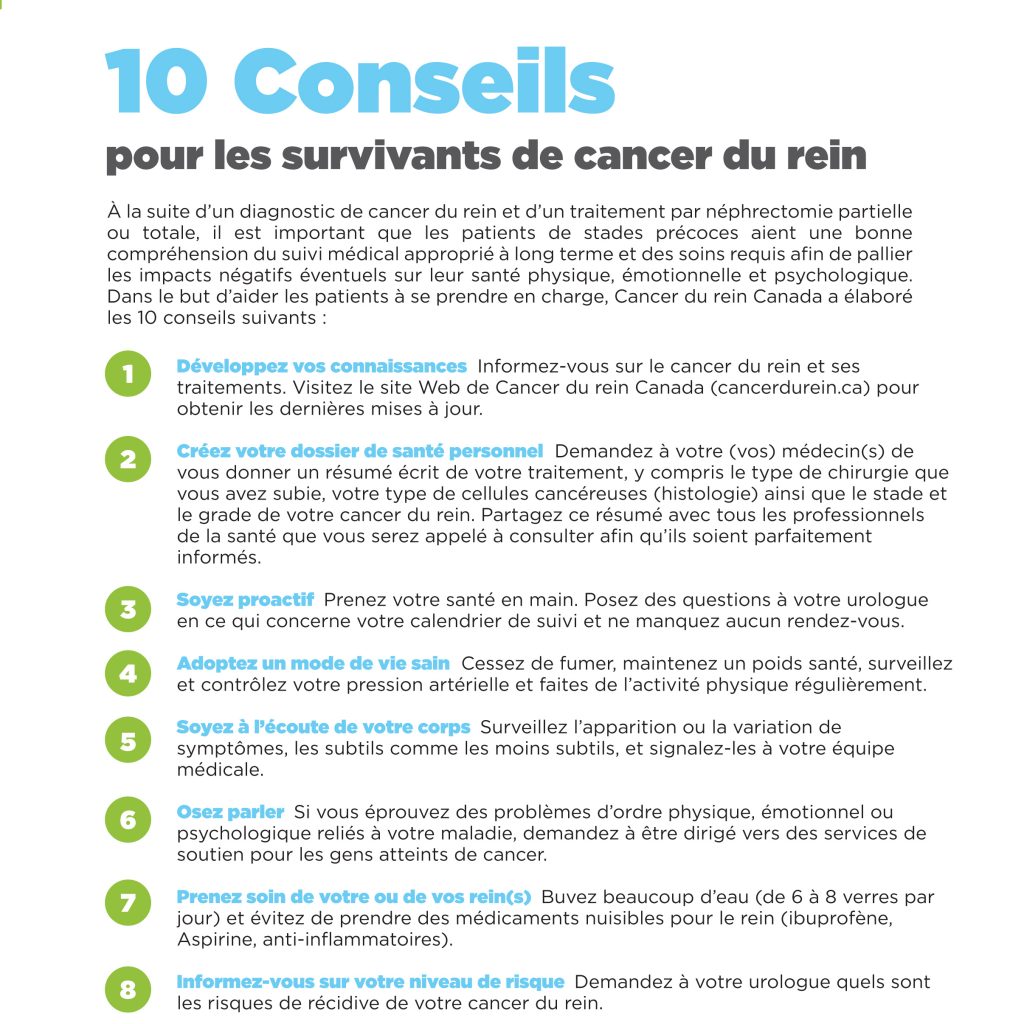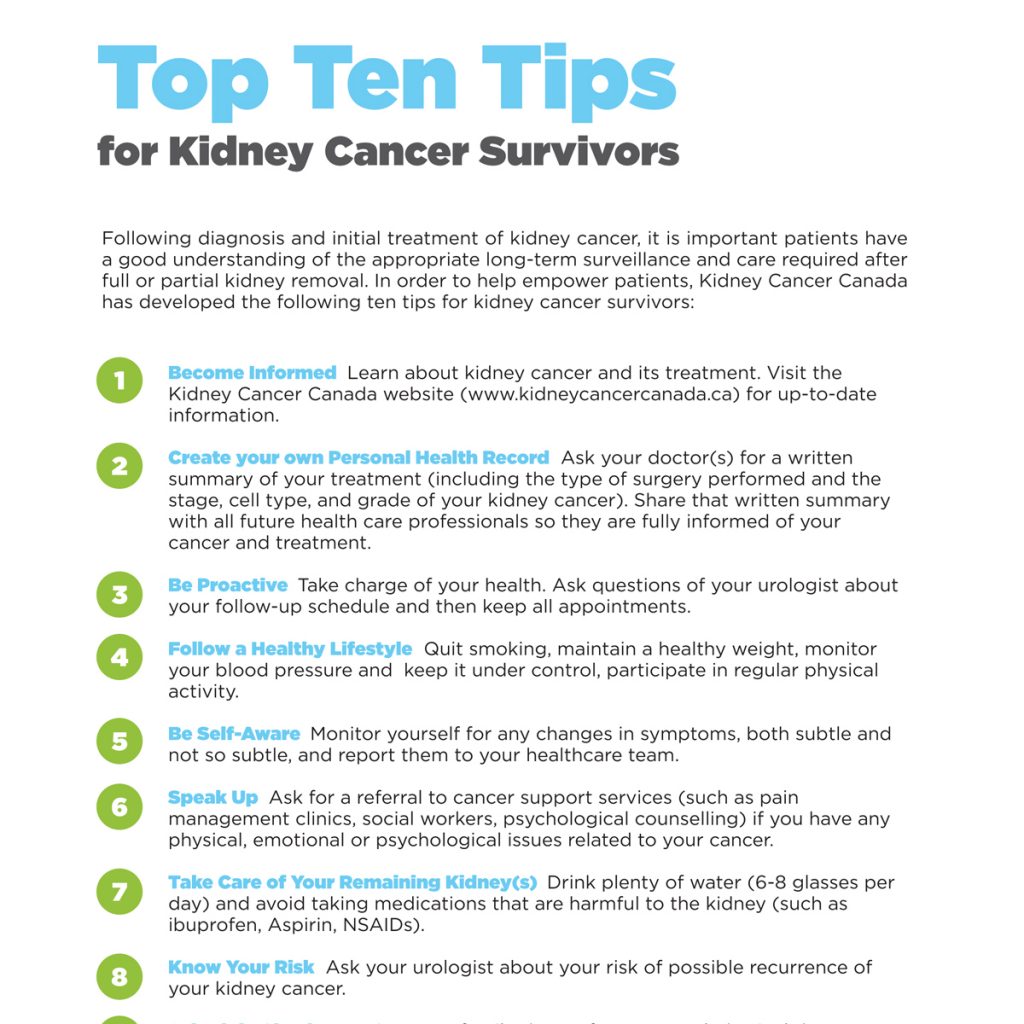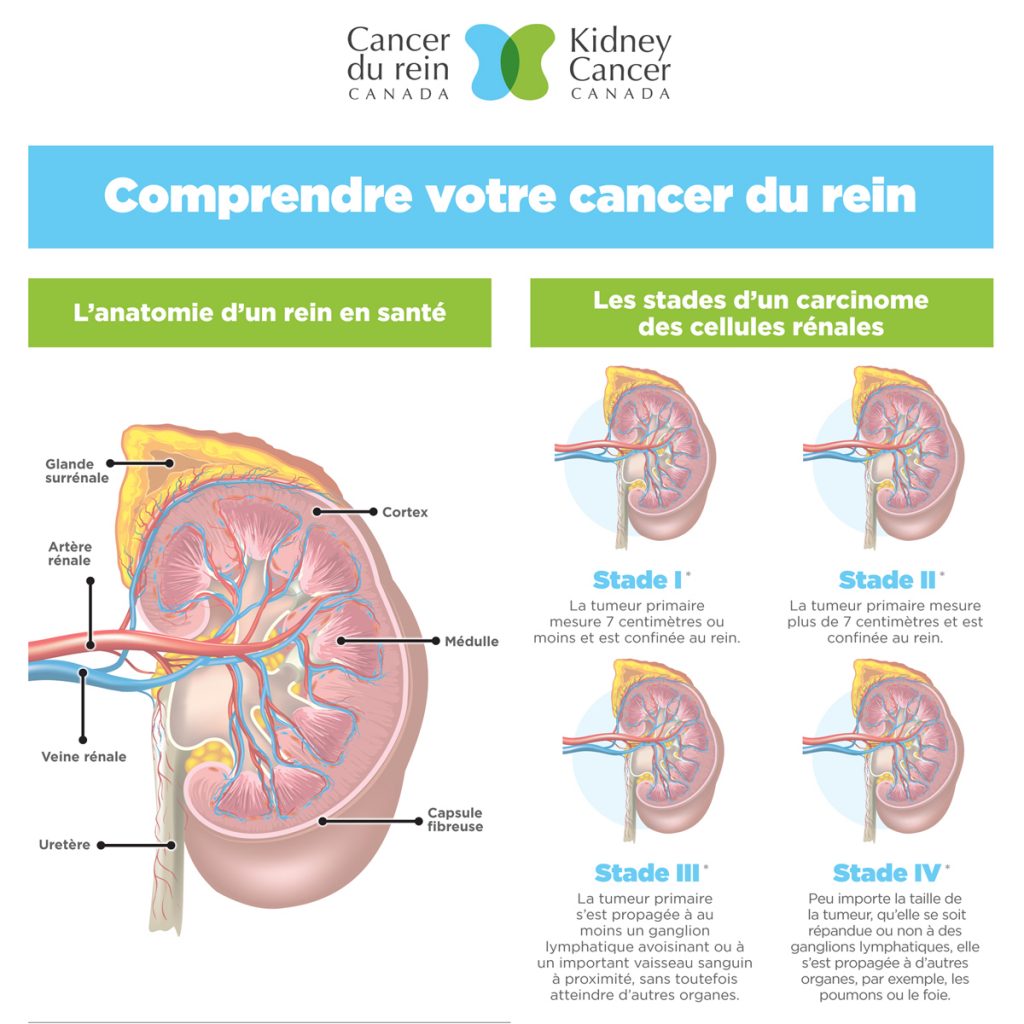Updated September 5, 2017

Kidney Cancer Canada regularly receives calls from patients and caregivers with questions about kidney cancer or health concerns and we always try to obtain answers to general questions from our network of clinicians and experts.
Our staff and volunteers cannot diagnose issues and we encourage patients to see their doctor if they have any concerns about their health.
Please note that without carrying out a physical examination along with any diagnostic tests, the information provided is purely informative and is not a definitive diagnosis.
Please view our Ask the Expert video series on this link.
| BLOOD IN URINE |
| I have blood in my urine and constant pain on my left side. I did a blood and urine test and my General Practitioner told me that everything was okay. I am concerned because I still have the symptoms and in my doctor’s opinion no further testing is needed. I am worried and don’t know what to do. |

DR. ANIL KAPOOR MD, FRCSC
Uro-Oncologist
Juravinski Cancer Centre
Hamilton, ON
Persistent blood in the urine always needs to be checked out. If you are urinating blood, further testing is required, usually a CT scan of your kidneys and usually a cystoscopy. Whenever you are concerned about a health issue, go back to your doctor and explain your concerns and anxieties. If the doctor is still reluctant and does not give you an explanation that satisfies you, ask for a copy of your test results and consider seeking a second opinion.
| PAIN IN ABDOMEN |
| Two months ago I had a partial nephrectomy but I‘m still feeling pain in my abdomen and kidney area. The pain doesn’t stop me from my activities and my energy is good, but is it normal to still feel the pain? |

DR. ANIL KAPOOR MD, FRCSC
Uro-Oncologist
Juravinski Cancer Centre
Hamilton, ON
It is very normal to feel pain or discomfort after surgery, sometimes as long as 6 months! Everyone recovers differently from surgery, and your body will recover at its own pace. Most importantly, if your pain gets worse, see your doctor right away.
The pain after a partial nephrectomy varies from patient to patient; some experience pain longer periods than others. We tend to see that older patients cope with pain more than younger patients.
My advice is to listen to your body – if it does not feel right, call your urologist as they are the best person to decide if you need further investigation. If you are experiencing any symptoms such as a fever, vomiting, swelling of the abdomen, you should see a doctor immediately.
| SEVERE SIDE EFFECTS |
| My mother has metastatic kidney cancer and is experiencing severe side effects from her oral therapy. Her dosage and schedule has been adjusted and it has helped in reducing the side effects. I am worried that the reduced dosage is not enough to fight the cancer. Can you please advise? |

DR. CHRISTIAN KOLLMANNSBERGER MD FRCPC
Oncologist
Vancouver Cancer Centre
Bristish Columbia
The doctor, above all, wants to provide the best therapy for your mother. You mention the dosage and schedule adjustment have reduced the side effects, that indicates the reduced dosage allows her to keep taking the treatment. Is the dosage enough? That is determined at the medical follow-up but, adjusting the dose and/or schedule for side effects does not necessarily lead to decreased efficacy. Every patient is different in how their body breaks down the drug and many patients may be well served with a lower dose or different schedule. Oncologists determine if patients are responding to treatment – whether the cancer is stable or reduced – and then evaluate if the dosage is sufficient. If not, we may look for other possible therapies.
| ACCESS TO NON-CANADIAN CITIZENS |
| My brother-in-law lives in another country and has kidney cancer. He asked me if he could participate in a clinical trial in Canada even if he is not a Canadian citizen? |

DR. CHRISTIAN KOLLMANNSBERGER MD FRCPC
Oncologist
Vancouver Cancer Centre
Bristish Columbia
The short answer is yes, but there are many points to consider. The cost of medication given to a patient in a clinical trial will be at the expense of the trial, but other expenses, medical or otherwise, will be the patient’s responsibility. Universal healthcare is only available to Canadian citizens or permanent residents of Canada. (Editor’s note: You should check your eligibility for entry into Canada with Canada Border Services).
Your brother-in-law will need to discuss with his oncologist possible trials in Canada. His oncologist will first determine whether your brother-in-law meets the trial criteria. If yes, then the oncologist will present your brother-in-law’s case to the principal investigator (researcher) in Canada who will make the final decision on a patient’s participation in the trial. In these situations, the principal investigator and the treating facility will most likely need a guarantee that your brother-in-law is able to cover all costs outside the clinical trial.
| GENETIC TESTING |
| My maternal aunt was diagnosed with kidney cancer in her 60’s and my brother was also diagnosed with kidney cancer in his 50’s. Does our family need to me monitored for kidney cancer or should we have genetic testing? |

DR. CHRISTIAN KOLLMANNSBERGER MD FRCPC
Oncologist
Vancouver Cancer Centre
British Columbia
Without the full history and medical background of both patients, there is not enough information in the question for an definitive opinion. However, with a first-degree relative (parent, brother, sister or child), it might be worth further investigation to see if a genetic condition can be verified. Depending on the background of the case, in my clinic, I might refer the patients to consult a hereditary cancer specialist. But it’s important to remember, you must have a referral from your treating physician.
| INSURANCE DISABILITY AND DISMISSAL |
| I have kidney cancer and am now on short-term disability with my group insurance plan at work. I am feeling well and not experiencing severe side effects to the therapy and I am considering going back to work. If my condition worsens and I need to go back on disability, what is process with my group insurance plan? Will I be on short-term disability and then apply for long-term, or would I start on long-term disability from the start? I am also questioning whether my employer can dismiss me while I am on disability or back at work. |

CHRISTOPHER SIVER
Barrister and Solicitor
Mulroney & Company
Victoria, BC
Insurance is a matter of contract. What that means is that the rules regarding any short-term disability and long-term disability you may qualify for are defined in the specific policy where you are enrolled. Therefore, it is difficult to answer questions regarding the interplay between short-term and long-term disability without seeing the policy and its term and conditions. Usually, there is a cap on the amount of short-term disability you can access at any time or in a lifetime, but it all depends upon your insurance plan. Your insurer has the answer and will happily help you out.
With regard to continued employment and whether you can be dismissed while on a medical leave, this is a complicated issue. In general, it is almost always a breach of the relevant human rights code for an employer to dismiss a person if one of the reasons for the dismissal is they have an illness and cannot attend work.
However, that is not the end of the matter. There are legitimate reasons for an employer to dismiss while someone is away from work due to illness. The more common legitimate reasons are a re-organization and undue hardship. Despite what our natural cynicism may lead us to conclude, re-organizations do happen; jobs do come to an end, departments do close and businesses change.
The other common legitimate reason to dismiss someone while on a medical leave is undue hardship. Undue hardship is a concept from Human Rights law. Undue hardship is the point the employer must reach before being entitled to dismiss someone in contravention of the applicable Human Rights legislation. In practice, undue hardship works similarly to the doctrine of frustration of the employment contract. At some point, there comes a time when an employer cannot hold a job open for a person including, but not limited to, because it is too expensive; the absence causes other employees to suffer beyond reasonable limits; or there is no reasonable prospect of the employee ever returning to work. When the time to declare an undue hardship or frustration of the employment contract has occurred depends greatly on who the person is, the role in the company, the resources of the company and various other factors.
There are reported cases where the employee is absent from work for many years and no frustration or undue hardship is found and alternatively, undue hardship and frustration can be found in a matter of months. Workers who can be scheduled to work whenever they are ready can likely be absent for extended periods without causing either undue hardship or frustration. CEO’s, CFO’s and other executive roles may only have a period of a few months depending upon the company. Making a determination of undue hardship very much depends upon the facts of the individual case.
If anyone suspects their rights have been violated or they are an employer seeking clarity in their decision-making, Please seek legal advice as soon as possible. There may be limitation periods which may affect their rights.
This is provided for information purposes only and may not be relied upon as legal advice. The law in your province may not be the same as stated here. For personalized advice, please contact an employment law or human rights lawyer in your jurisdiction.



























































